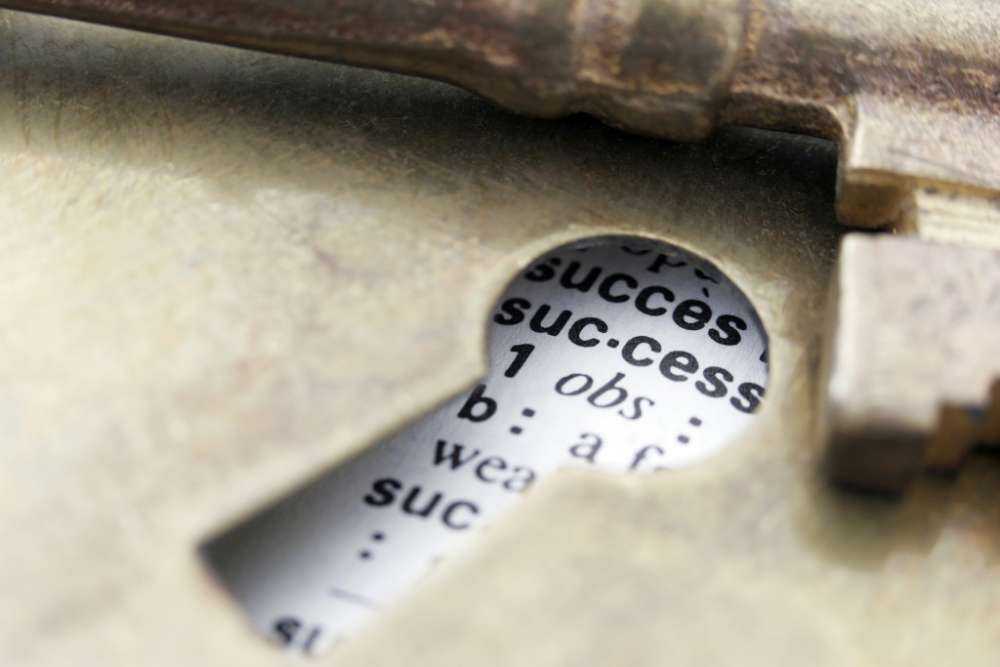on
BY KEISHA JOHNSON
Recently I was a part of a forum with several thought leaders in Toronto to discuss an upcoming business expo at which we are all rostered to speak. As we brainstormed ideas to fill the venue and bring the best value to the community, a simple suggestion instantaneously unlocked everyone’s creative juices.
Someone suggested that instead of each speaker promoting their personal session to their network, “let’s start sharing about each other’s value and strengths to our respective constituents in our various spheres of influence”. It was simple. It was unexpected. It is the genius of edification.
To edify is the act of uplifting or building up someone else. Edifying is an art. And in today’s self-gratifying culture it appears to be a lost art where people are more likely to find fault, criticize and defame someone than freely and genuinely promote others.
Reflect for a second on when was the last time, someone spoke of you in such a wonderful way and said things about you, that if they came from your own mouth you would have looked arrogant or self-promoting?
When was the last time, you took the time to use your words to elevate someone to a place above you?
If these things are not present or a part of your life, you are missing out on the art of edification. When you don’t elevate others, people are less likely to elevate you. And you stunt your growth.
Edification is a testament of your credibility and the value or contribution you make to others. The more value you add to others, the more likely they are to edify you. This is akin to word of mouth being the best form of marketing or advertising.
Edifying the other speakers to our respective networks leading up to the business forum for example, is invaluable credibility and promotion not just of the event and the organizer but of every single speaker involved. It shows our community that as speakers, we too have a bond and are sincerely interested in and committed to each other’s success and that we are not fearful or begrudging of each other excelling.
Edification therefore says volumes about the one who can edify. It portrays them in a very positive light as someone who has the capacity to celebrate others’ success. This inspires trust and makes you attractive. Have you heard it said, people do business with people they know, like and trust?
Collectively, edification builds community and is the strength of community, just as the opposite is true: a house divided against itself cannot stand.
Zig Ziglar refined the concept by saying, “You can have everything in life you want, if you will just help enough other people get what they want.” Sometimes that help comes in the form of simple edification. It costs you nothing, but it could redound priceless benefits.
Inevitably when you build up others, goodwill boomerangs back to you and builds you up.
Let’s look at how we can practically apply this key. Say you have been tenured at your company, are very productive, but have often been overlooked for on-the-job perks and promotion. Time and again, others even less senior than you are selected for training and travel that you’ve voiced an interest in. The repeated disappointment has festered into dormant resentment that makes you a little nonchalant towards the company, cold to the boss and withdraw from your colleagues. If you are asked about work, it’s hard to find something positive to say. Yet you remain hopeful at the next promotion season.
That hope to you may not seem far-fetched, but how likely is promotion and favour on the job if your attitude is sour and you are always criticizing your peers, work or the boss? Would you want to promote someone like that on your team?
To reverse the tide, show yourself a team player and learn to edify those around. It’s not enough to be productive in a silo; your ability to gel well with a team, inspire and motivate others are premium skills in today’s workforce whether you are the employer or employee. There are very few jobs that don’t involve the contribution of others, so learn the art of edification.
A good place to start is to find two positive things that you can say of someone parallel to you, above you and below you. It may be what they bring to the team, contribute to your personal work life or the organization in general. Think about it. You may just surprise yourself.
Be mindful that real edification is genuine, not pretentious hyperbole. Edification is the result of contribution. Everyone in their own right brings value. So there is something to edify in everyone. Finally, the results of edification are reciprocal! It is a guaranteed win-win. When you begin to learn and understand about edification, you will soon discover that edification holds a key to unlock your success.
Stay in the loop with exclusive news, stories, and insights—delivered straight to your inbox. No fluff, just real content that matters. Sign up today!
Desert Principles













